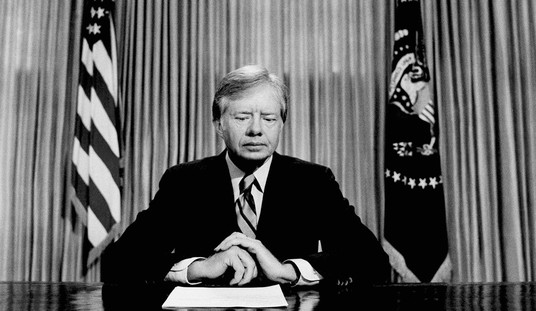
Yesterday CBS put out a poll on the debt ceiling. As with most issue polling in the heat of debate, everyone’s eager to hype the poll or to discredit it, depending on results. I even get asked to join in.
I’m skeptical of all issue polling to begin with, I tend to dismiss the polls entirely. But this poll has a serious weighting problem, and I want to call it out as worthless.
So, the straight facts on the poll: 810 adults, no mention given of mobile phone handling. MoE 4. Approval of how everyone handles the situation splits 43 for-48 against for the President, 31-58 for Congressional Democrats, and 21-71 for Congressional Republicans. In response, Republicans point to the fact that nobody is in the black, while Democrats point to the worse numbers for Republicans.
But I have a key objection to this poll having any meaning at all, for any side and any opinion. Note that the poll is postweighted by political party. The raw figures showed a 26.4 R/33.6 D/40.0 I partisan split. The weighting takes from Republicans and gives to the other two groups for a 23.8 R/34.8 D/41.4 I split. What’s the justification for that, I wonder?
It certainly can’t be a poll CBS did last month, asking about a variety of issues. This poll asked 1,024 adults and was postweighted to a 30/30/40 split, much better for Republicans than either the raw or weighted samples this month. Odd that partisan weighting would produce different results depending on the issue polled.
I’m generally skeptical of postweighting to begin with, as I think it undermines the fundamental concept of polling by random sampling, taking our random results and re-shaping them to meet our pre-determined notions of correct results. But weighting to meet independent metrics like Census demographics at least has the virtue of being objective. Using different weightings by month and issue, though, is simply shady.













Join the conversation as a VIP Member